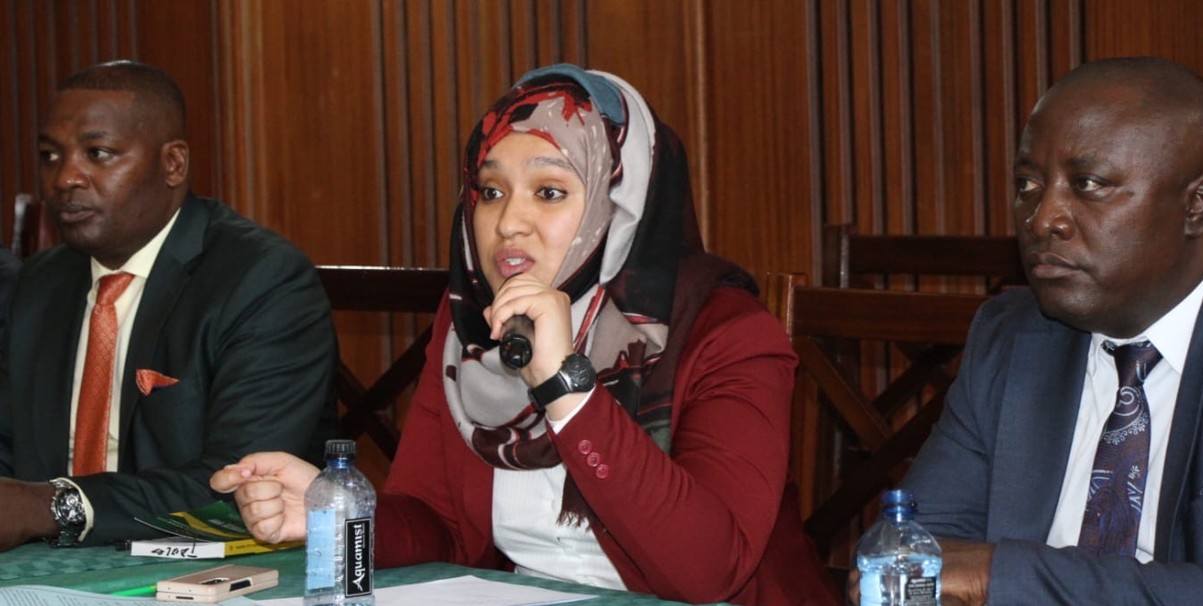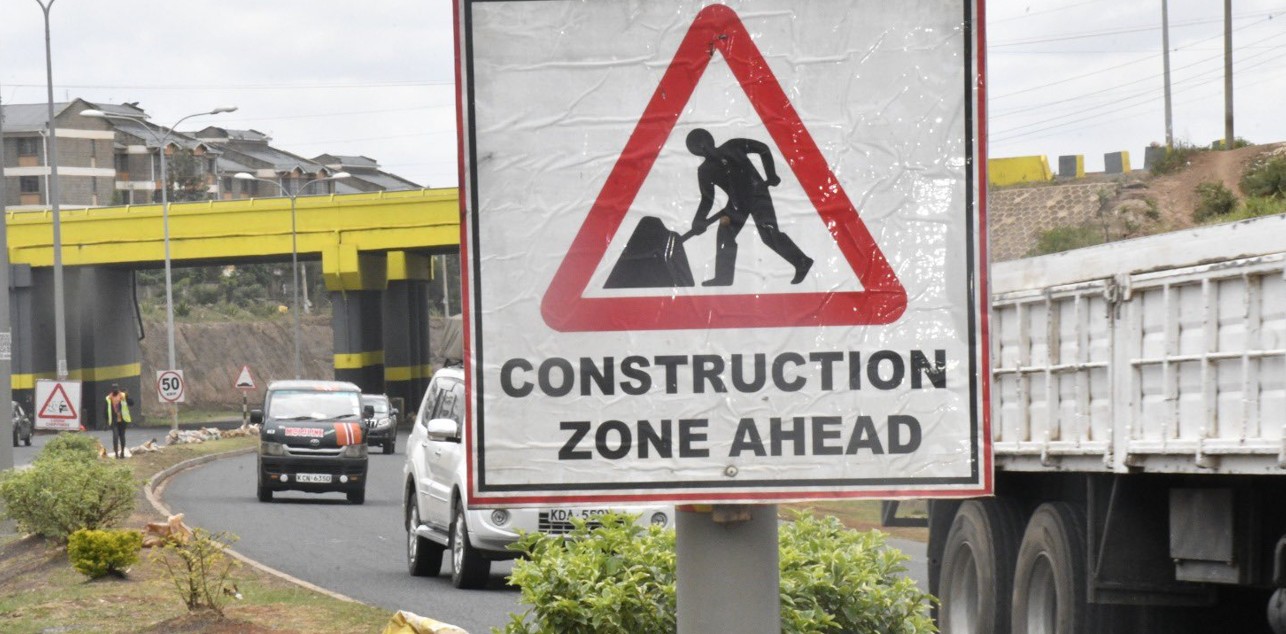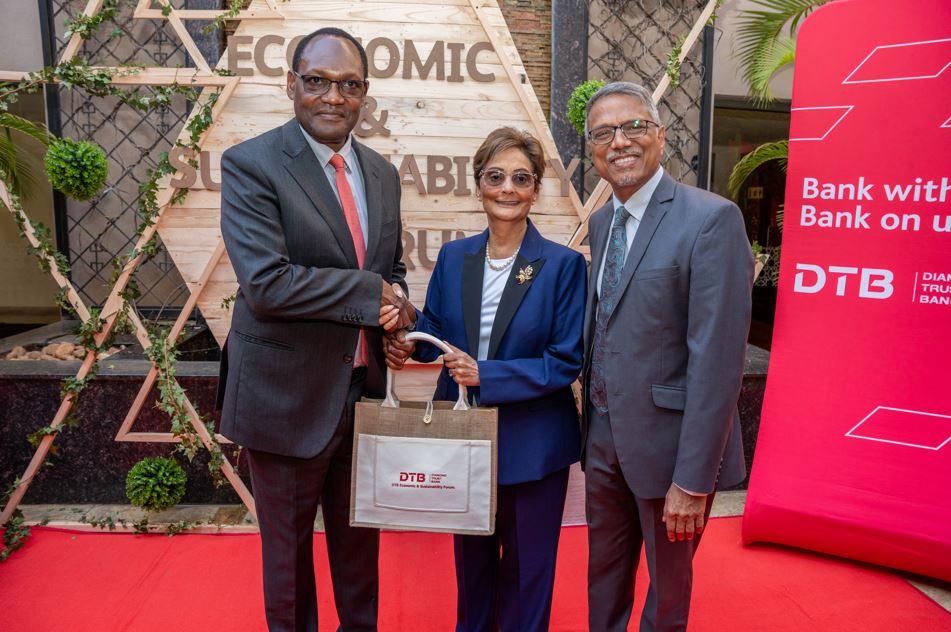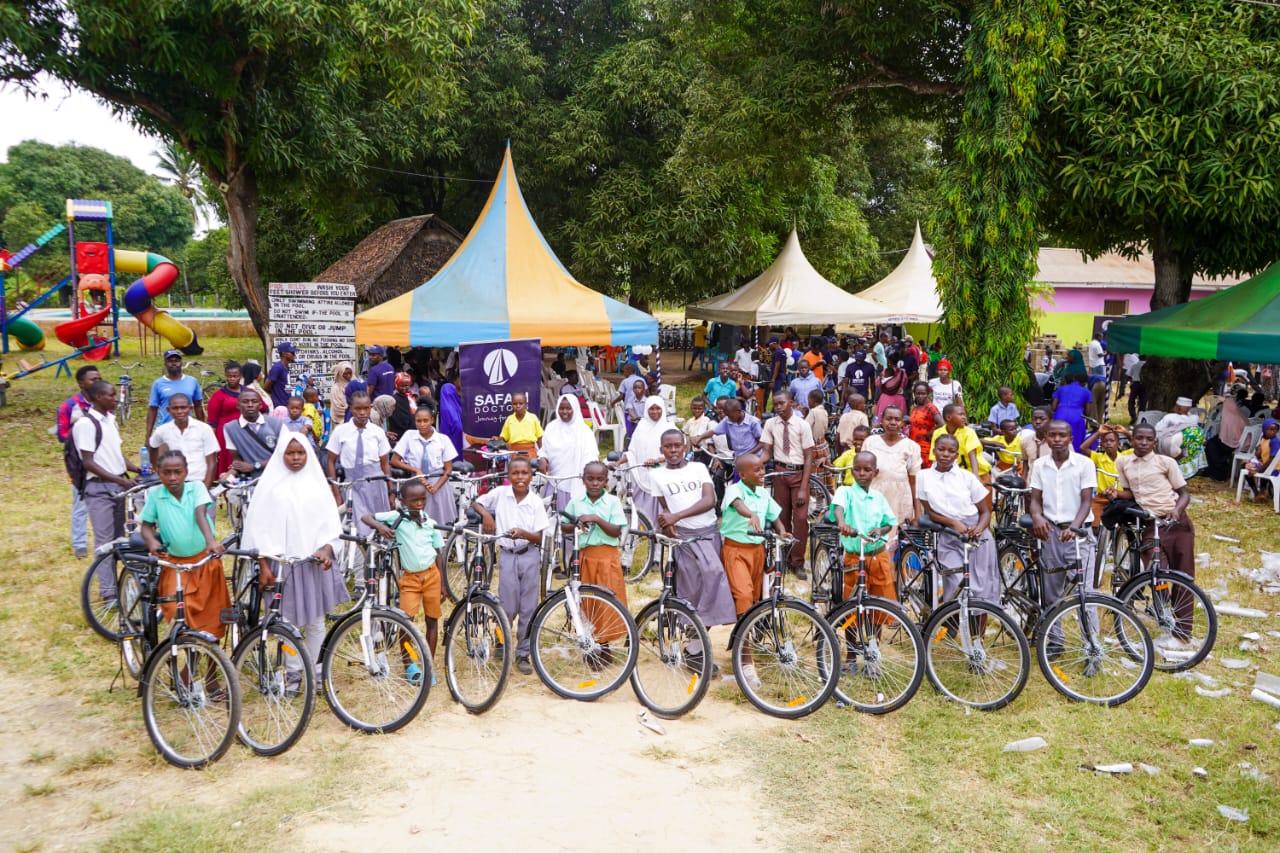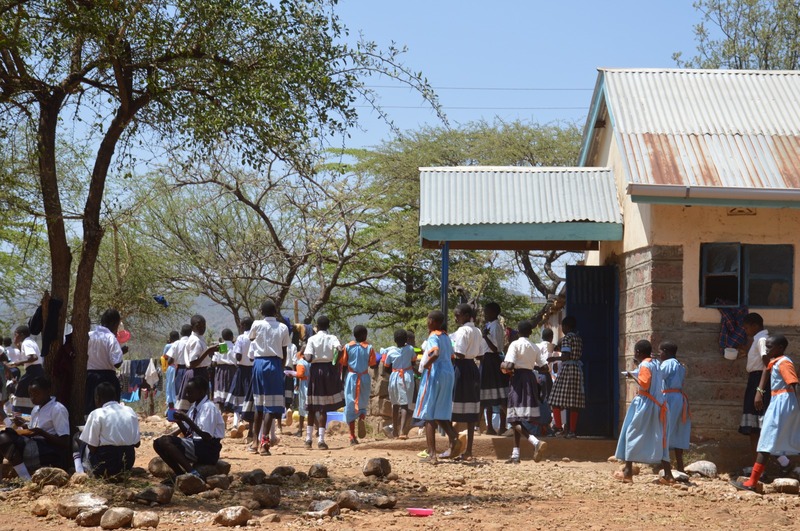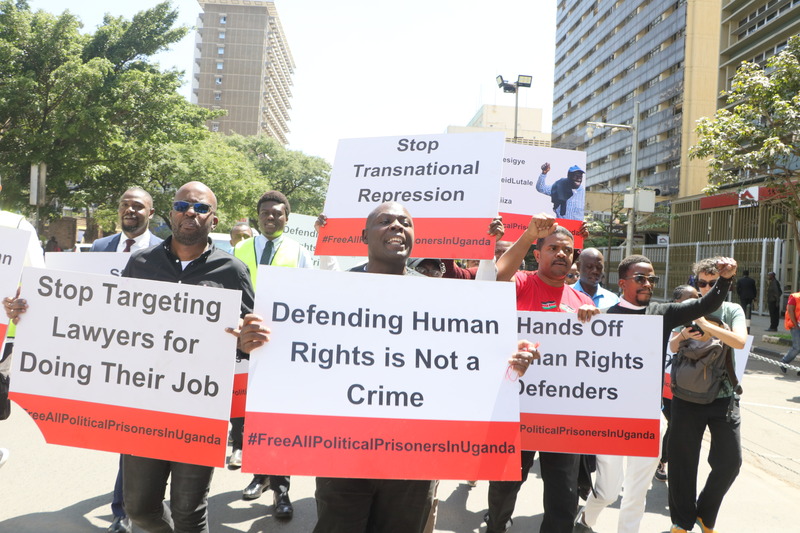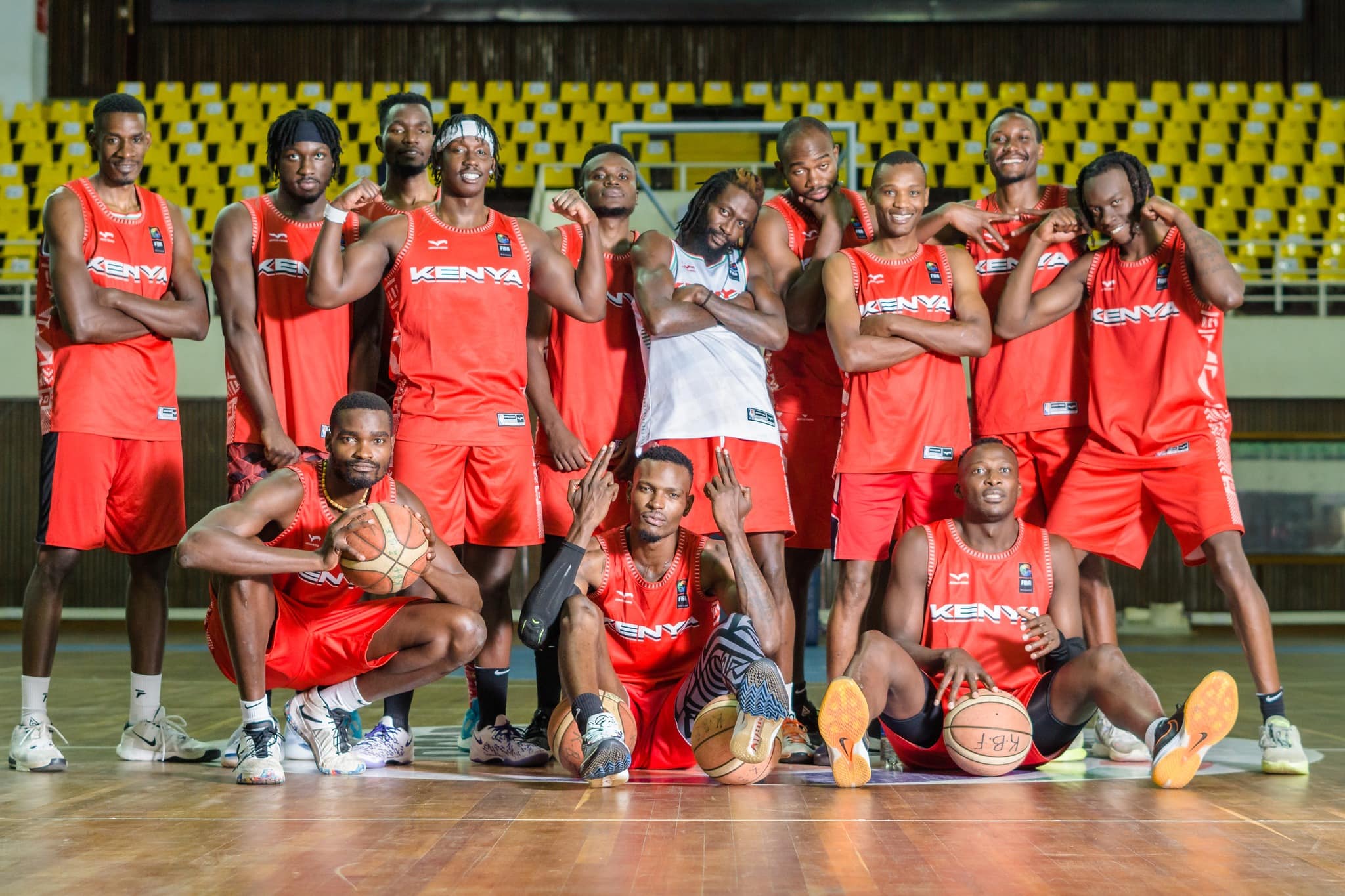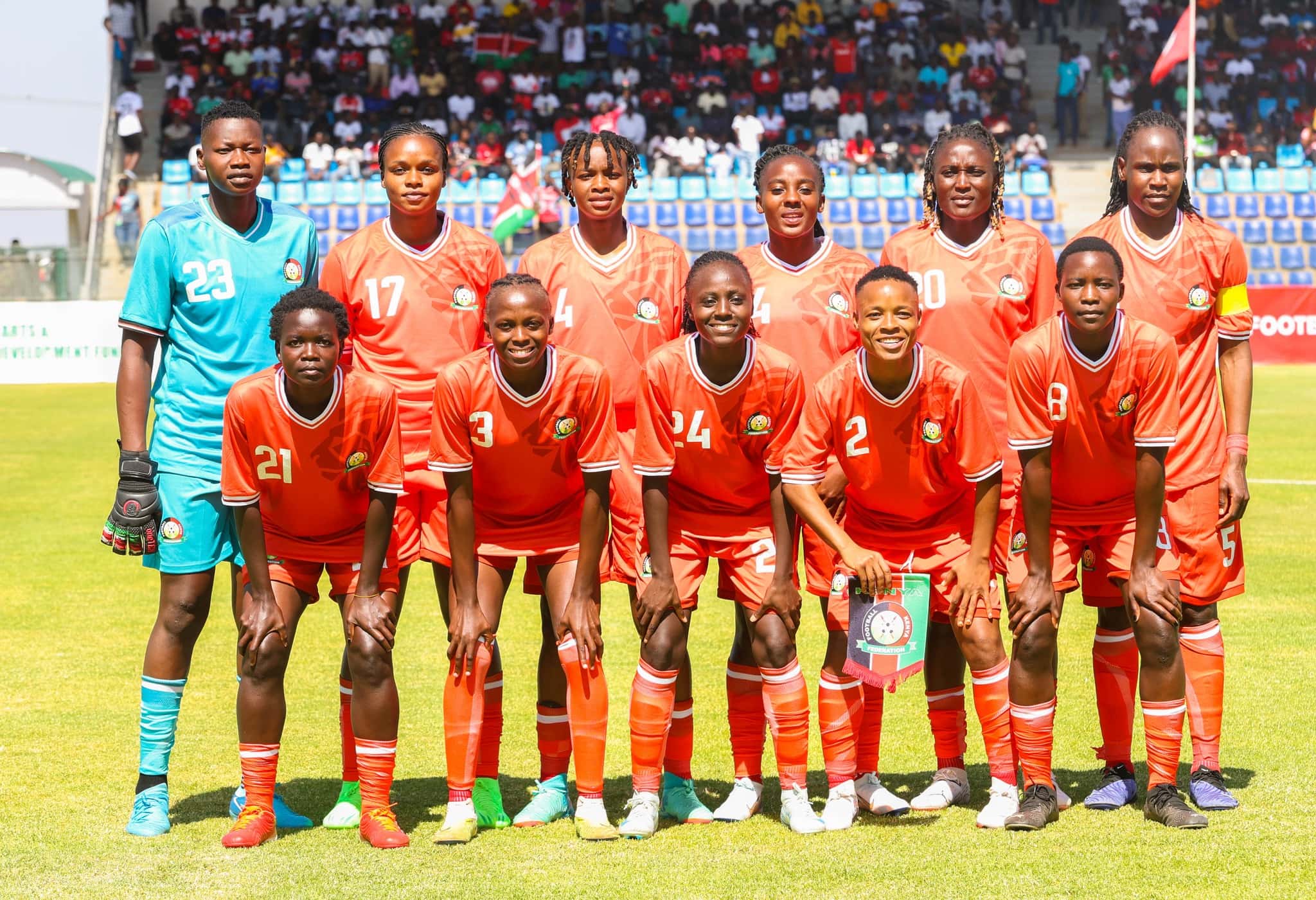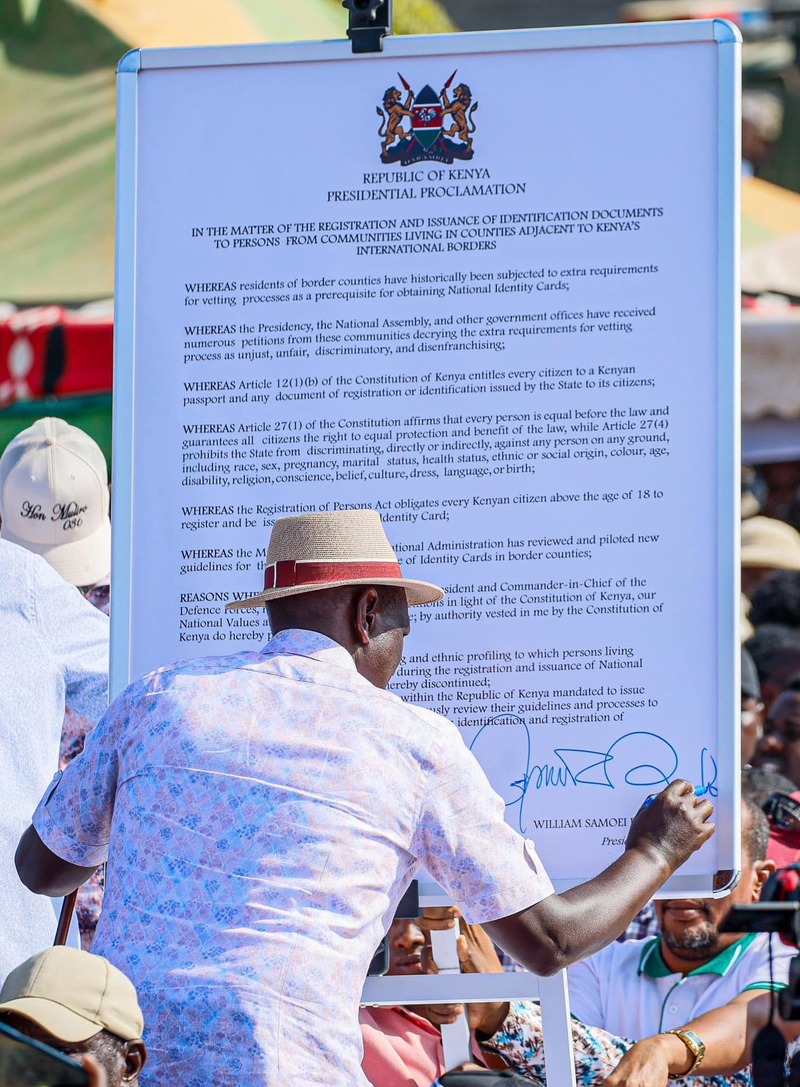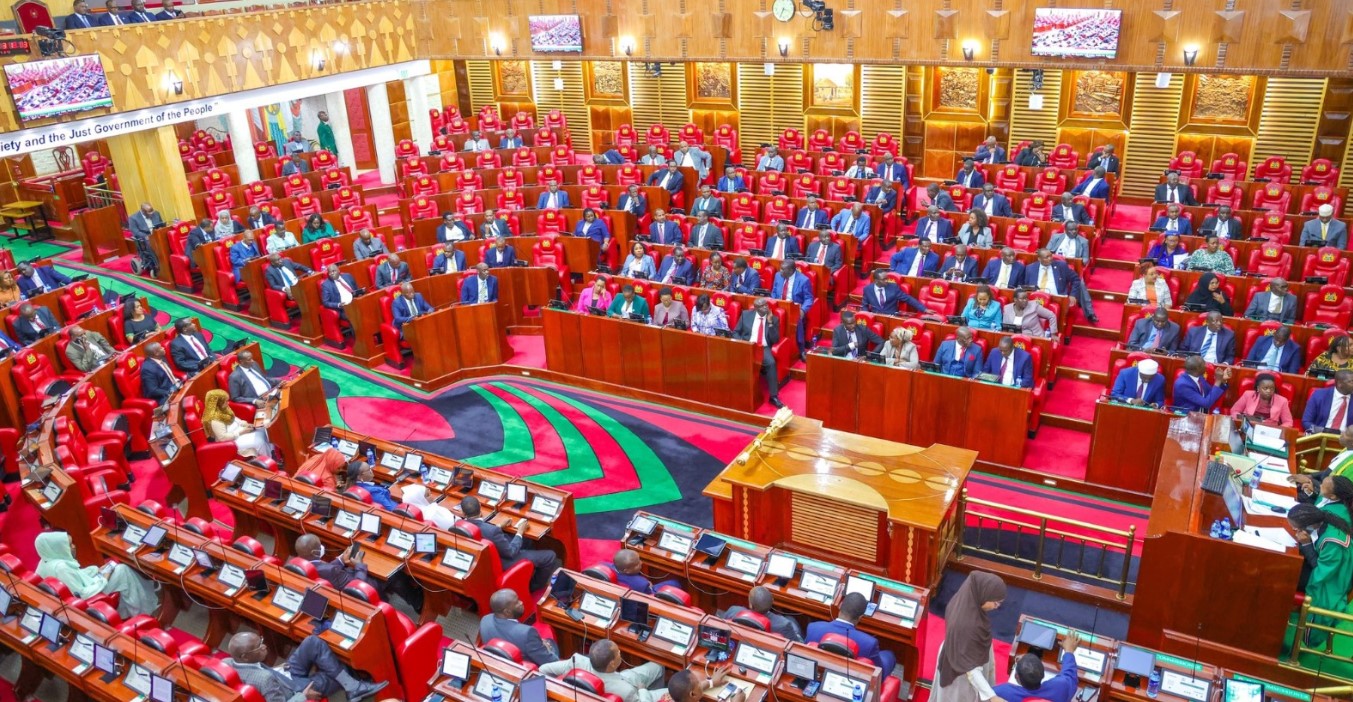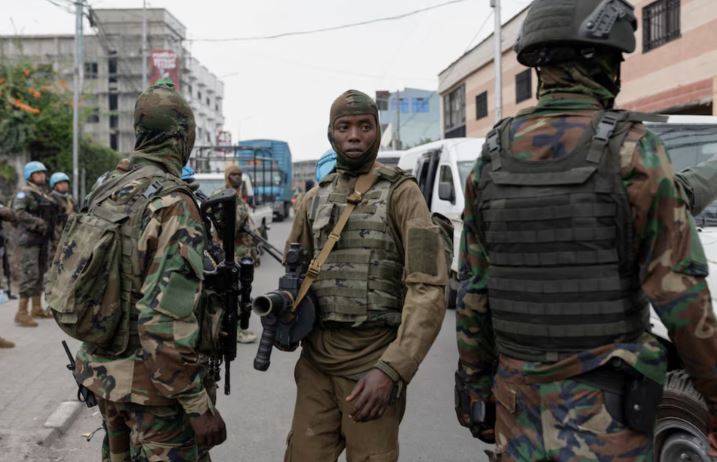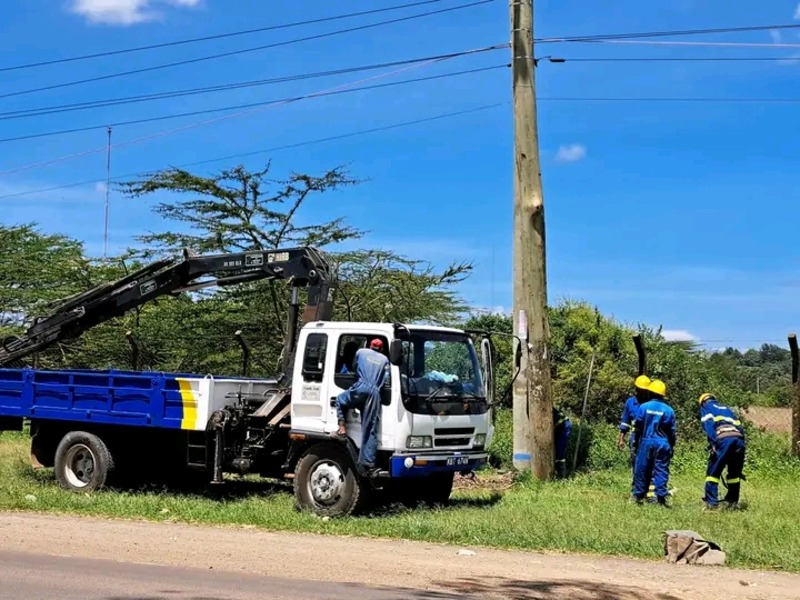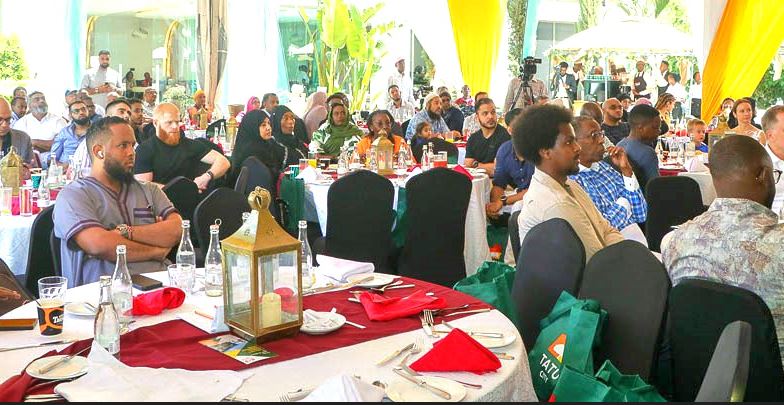Ex-DRC President Kabila: Tshisekedi violated political pact, he is to blame for current crisis
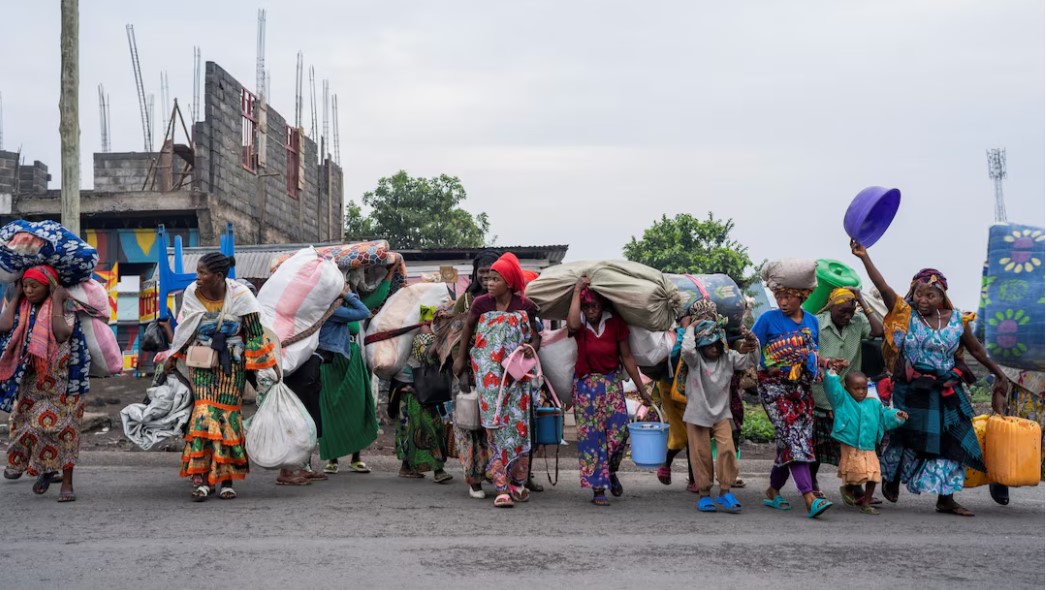
According to Kabila, the unrest could not solely be blamed on the advances of the M23 armed movement or tensions between Kinshasa and Kigali. Instead, he argued that the root causes of the crisis lay in deeper political and governance failures.
Former President of the Democratic Republic of Congo Joseph Kabila has said the bad governance of his successor, President Félix Tshisekedi, had a leading role in intensifying the conflict in the east of the country.
According to Kabila, the unrest could not solely be blamed on the advances of the M23 armed movement or tensions between Kinshasa and Kigali. Instead, he argued that the root causes of the crisis lay in deeper political and governance failures.
More To Read
- M23 rebels reaffirm ceasefire, urge DRC government to honour peace agreements
- Congolese President Tshisekedi plans unity government in response to eastern DRC crisis
- Rwanda condemns European Parliament's ‘biased’ resolution on DR Congo conflict
- EAC military chiefs meet in Nairobi over escalating DRC crisis
Kabila, who oversaw the first peaceful transfer of power in the country’s history in 2019, lamented that the political agreement that facilitated the transition had been disregarded by Tshisekedi’s administration.
“The cheers of the world and Africa were short-lived as President Tshisekedi soon tore apart the agreement underlying the new political dispensation,” Kabila wrote in an opinion piece in South Africa's Sunday Times newspaper.
He described the situation in the DRC as deteriorating rapidly, with worsening political repression, economic instability, and escalating conflict in the eastern part of the country.
“The country is close to imploding as a result of the civil war, which is threatening to destabilise the entire region,” he warned.
M23 rebels have rapidly expanded their control over vast areas of the mineral-rich eastern DRC in recent weeks, raising concerns that the conflict could spill into neighbouring countries.
Kabila challenged the prevailing narrative that the ongoing crisis is solely a result of the M23 rebel group’s insurgency or tensions with neighbouring Rwanda.
“Contrary to what authorities in Kinshasa wish everybody to believe, the crisis is not limited to either the unconsidered actions of M23 – misleadingly presented as a group of anarchists, proxies of a foreign state without legitimate demands – or to disagreements between two neighbouring countries,” he argued.
According to the former president, the root causes of the crisis extend beyond military confrontations and into political, social, and economic spheres.
“The crisis in the DRC dates back to 2021 and is multidimensional. It is a security and humanitarian crisis, yet also – and more fundamentally so – a political, social, moral, and ethical one,” he said.
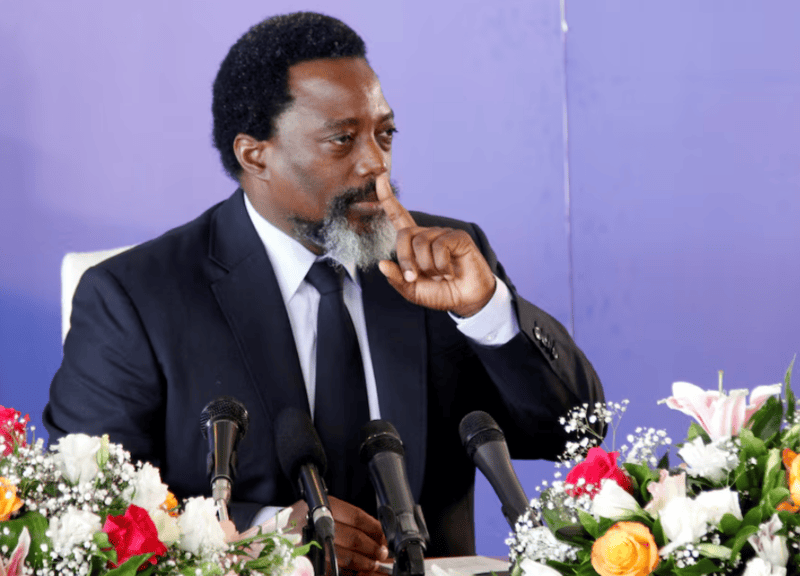 Former President of the Democratic Republic of Congo Joseph Kabila at a past event. (Reuters)
Former President of the Democratic Republic of Congo Joseph Kabila at a past event. (Reuters)
He further criticised international partners, including the Southern African Development Community (SADC), for overlooking the political dimensions of the crisis.
“This aspect is minimised or even ignored by the DRC’s partner countries and organisations, the SADC included,” he said.
At the core of the country’s instability, Kabila claimed, is Tshisekedi’s decision to break the Republican Pact, an agreement formed through the 2002 Inter-Congolese Dialogue in Sun City, South Africa. This pact, he explained, was the foundation of the DRC’s modern political stability, having led to the reunification of the country and three successful elections.
“The questioning of this Republican Pact first took the form of deliberate and recurring violations of the constitution and laws of the land,” he said, further accusing Tshisekedi of orchestrating “sham elections” in December 2023.
“These were held in violation of the legal framework and relevant international standards, which amplified the illegitimacy of the ruler, artificially reduced the weight of the political opposition, and made the head of state the absolute master of the country.”
Kabila also claimed that Tshisekedi is actively seeking to amend the constitution to consolidate his power, which he believes will worsen the crisis. “Tshisekedi also publicly announced his firm intention to change the constitution.”
Beyond electoral concerns, Kabila accused the current regime of suppressing dissent through intimidation, arbitrary arrests, and extrajudicial killings.
“Intimidation, arbitrary arrest, summary and extrajudicial executions, as well as the forced exile of politicians, journalists, and opinion leaders, including church leaders, are among the main characteristics of Tshisekedi’s governance.”
He further criticised the country’s financial mismanagement, arguing that the national debt, which had been controlled in 2010, is now spiralling out of control. He indicated that the country’s indebtedness – which was brought under control in 2010 – has soared again, raising concerns about its long-term solvency.
Kabila insisted that the only way to prevent the DRC from descending into full-scale war is to address the underlying governance crisis rather than focusing solely on military interventions.
“Any attempt to find a solution to this crisis that ignores its root causes – at the top of which lies the governance of the DRC by its current leadership – will not bring lasting peace,” he said.
He argued that even if military conflicts with M23 rebels or tensions with Rwanda were resolved, deeper problems would persist.
“The innumerable violations of the constitution and human rights, as well as repeated massacres of the Congolese population by Tshisekedi’s police and military forces, will not end after the successful conclusion of negotiations between the DRC and Rwanda or the military defeat of M23,” he said.
Blames South Africa
Kabila also directed criticism at SADC and South Africa, questioning their continued military support for Tshisekedi’s government.
“The crisis requires a holistic solution – not solely the contribution of troops and military equipment. This amounts to wasting valuable resources in support of a dictatorship,” he said.
He urged regional and international actors to push for democratic governance rather than reinforcing what he called a tyrannical regime.
“Instead of helping DRC to move towards democracy, peace, and stability, and to become an asset for the Southern African region and the continent, they are enabling further instability,” he warned.
He also challenged South Africa’s leadership in SADC, stating that the world is watching whether the country, known for its democratic values, will continue backing Tshisekedi.
“The world is watching to see whether South Africa – known for its humanism and values – will continue to rush troops to the DRC to support a tyrannical regime and fight the aspirations of the Congolese people,” Kabila said.
The M23 rebel group, which claims to be fighting for the rights of the DRC's minority Tutsi community, resumed its insurgency in 2021, two years after Tshisekedi took office.
Meanwhile, South Africa has deployed over 1,000 troops to the DRC as part of the SADC mission aimed at supporting the Congolese government and restoring stability. Last month, 14 South African soldiers lost their lives in the conflict.
Top Stories Today
